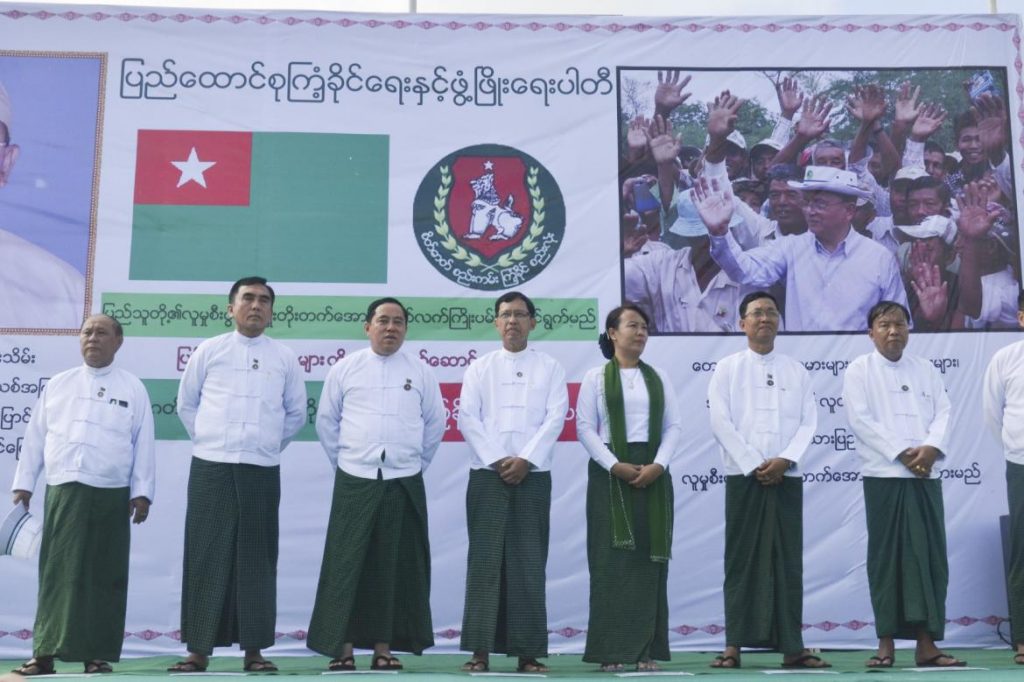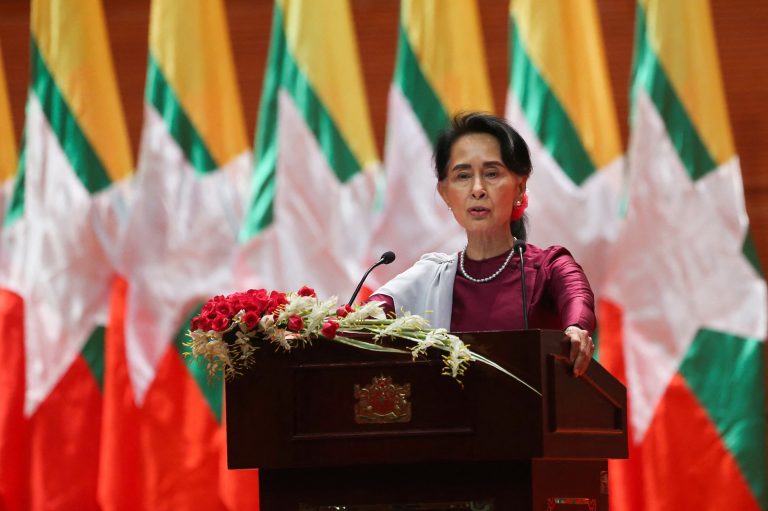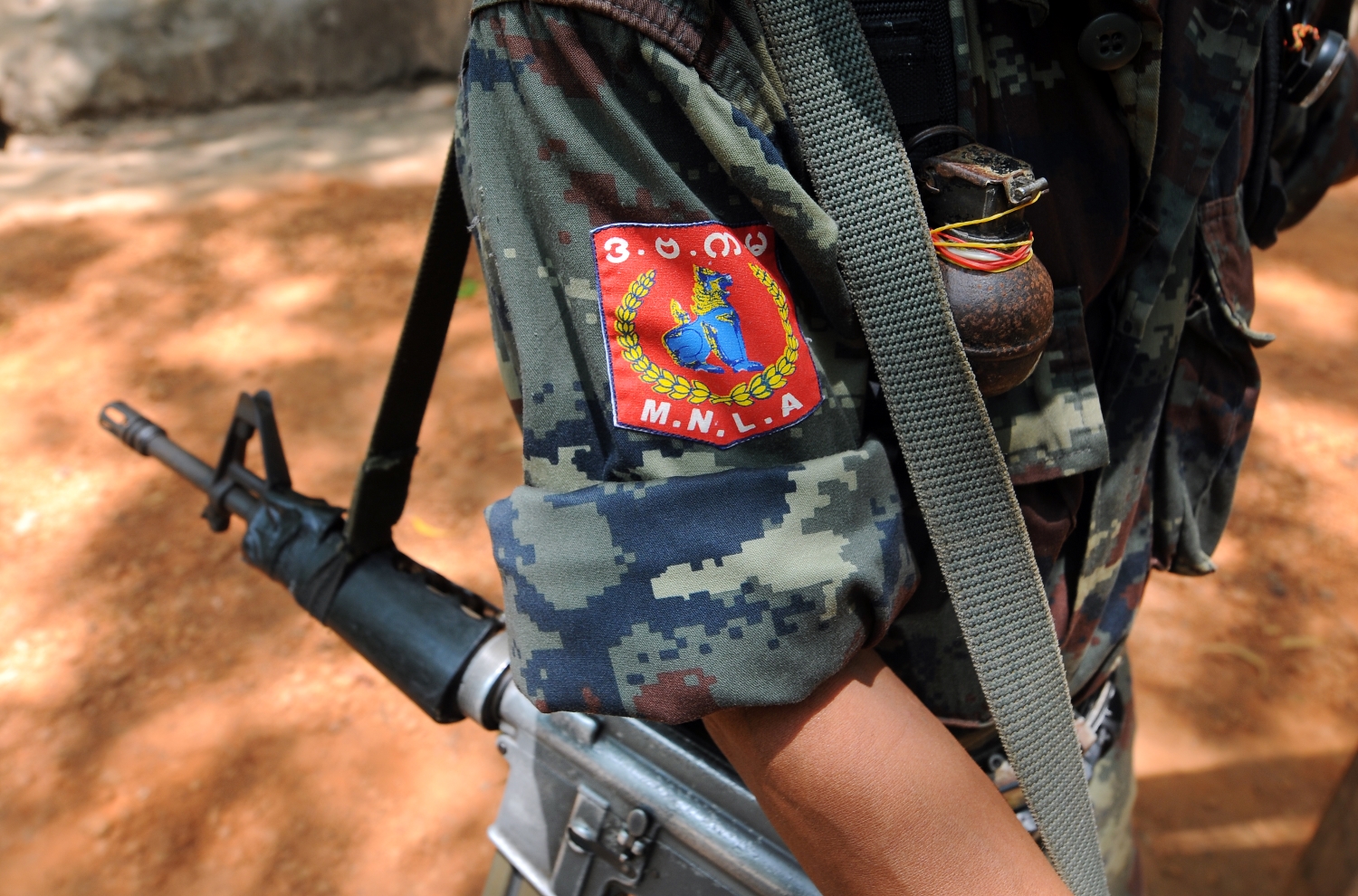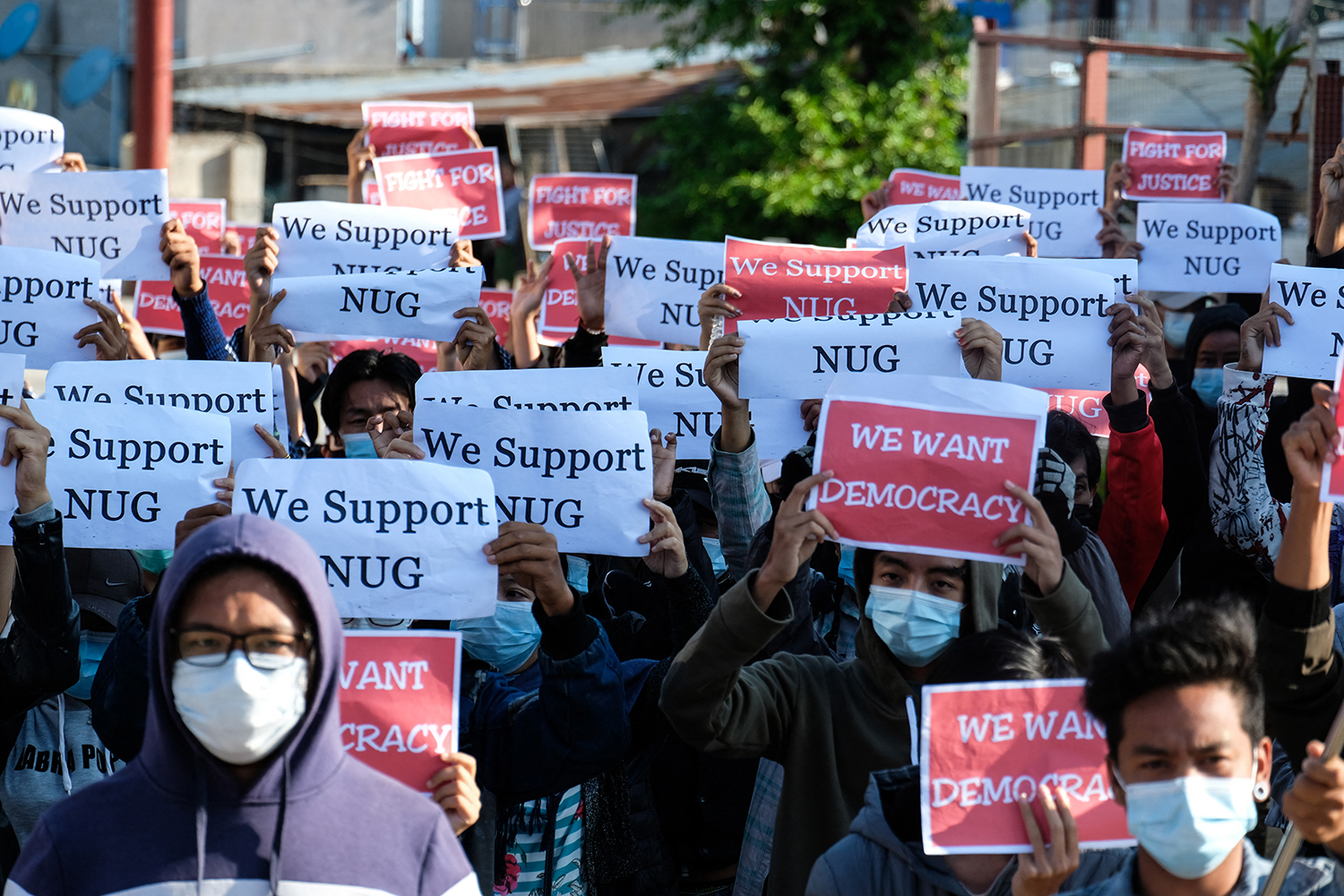A report about the Union Solidarity and Development Party spending more than K5 billion to win support from the grassroots is ruled unfit to read.
Some of the most unexpected censorship decisions during the election campaign in 2010 concerned the Union Solidarity and Development Party and its candidates.
They included a report rejected for publication in the October 18, 2010 edition of the Myanmar Times, which might have been given the axe because it raised perceptions of vote-buying. The report was about the USDP spending more than K5 billion on low-interest loans for small business owners and farmers in Yangon Region. It quoted U Aung Thein Linn, the then Mayor of Yangon and the USDP’s candidate for the Pyithu Hluttaw seat of South Okkalapa Township, saying the loans were a major element of the party’s campaign strategy to win support from “grassroots” voters.
He said the low-interest loan scheme was a long-running program introduced five years earlier by the USDP’s predecessor, the Union Solidarity and Development Association, but that the amount available for lending had significantly increased in 2010.
Also rejected for publication was a report about a Pyithu Hluttaw candidate in Kachin State having to postpone the start of campaigning because of frequent court appearances in a land dispute case. Daw Bawk Ja, a National Democratic Force candidate in Hpakant, said she was one of about 800 farmers whose land was confiscated in 2005.
More than 1,000 acres was given to the Yuzana company for a cassava plantation, said Daw Bawk Ja, who was seeking compensation for her 14 acres. The NDF candidate said she had also been helping other farmers to be compensated after the case began in 2008. Of the 800 farmers, about half had received compensation of K80,000 an acre, Daw Bawk Ja said.
Support more independent journalism like this. Sign up to be a Frontier member.
It was never a surprise when a report about Daw Aung San Suu Kyi was rejected for publication. This time it was an Agence France-Presse report quoting her laywer, U Nyan Win, saying she would not vote in the 2010 election, despite having been told by the authorities she had the right to do so. “It is not in accordance with the law,” U Nyan Win quoted the leader of the deregistered National League for Democracy as saying.
The report explained that serving prisoners had no right to vote under the 2008 Constitution, but Daw Aung San Suu Kyi could vote because she was under house arrest. “The NLD will not compete so she [Daw Aung San Suu Kyi] said she has no party to vote for even if she is allowed to vote. As the NLD is not participating in the election, she will not vote,” said U Nyan Win.
The red pen was flourished in another report about independent candidates in urban areas facing difficulty trying to lease venues for campaign events. They included U Sein Hla, a Pyithu Hluttaw candidate in a Mandalay constituency, who said he had been denied the use of seven venues approved by the Union Election Commission for political events.
A Pyithu Hluttaw candidate in Yangon’s Kamaryut Township, Dr Phone Win, crossed the red line when he cited constituents’ comments about poor basic services. Cut from the story was a reference to shopkeepers facing difficulties over water and electricity supply, garbage disposal and markets being moved to other areas.
A report about the Union Election Commission’s preparations for the ballot said there were more than 3,000 candidates from 37 parties, of which more than 1,400 were seeking election to the Union parliament, 114 were women and 82 were independents. UEC chairman U Thein Soe said foreign election monitors and journalists based outside Myanmar would not be invited to cover the ballot.
It was a different story a few days after the vote on November 7 when dozens of foreign journalists were allowed in to cover the release from house arrest of Daw Aung San Suu Kyi on November 13.
It was a masterful act of media manipulation because the huge amount of attention focussed on the Nobel Peace laureate by foreign journalists ensured that they largely ignored the huge controversy over advance votes in the election the NLD had boycotted. The advance votes materialised after election day and ensured victory for many USDP candidates who had been trailing their opponents.







